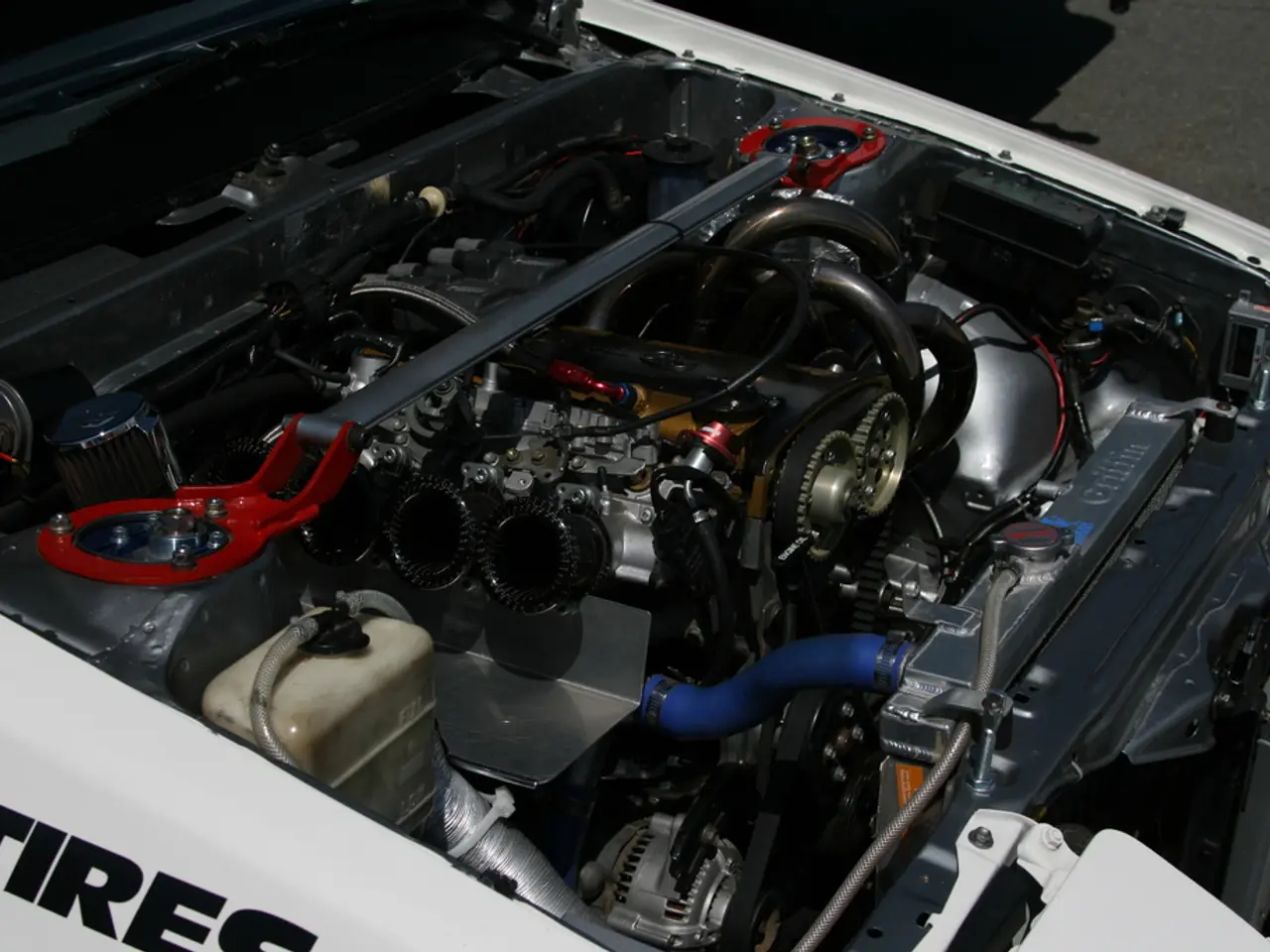A Growing Concern: Delays in Feed-in Compensation for Solar Panel Owners in Western Germany
Renewable energy investors often experience lengthy delays in receiving returns on their solar panel investments - Solar plant operators sometimes experience delays in receiving their earnings
A series of complaints have surfaced in North Rhine-Westphalia, Rhineland-Palatinate, and Lower Saxony, highlighting delays in feed-in compensation for solar panel owners, primarily from Westnetz GmbH. Here's an overview of the situation, its causes, effects, and potential solutions.
Origins of the Delays
- Rapid Growth in Solar Panel Installations
- The surge in solar panel installations has led to an increase in feed-in compensation claims, potentially overwhelming Westnetz's processing capacity.
- Internal Administrative Hurdles
- Complex verification procedures for energy feed-in and meter readings can slow down the approval process.
- Delays due to coordination between departments responsible for measurement, billing, and payments.
- Technical Challenges
- Issues with smart meter data transmission or compatibility problems with various solar installations.
- Data discrepancies requiring manual intervention for reconciliation.
- Regulatory Changes
- Recent changes in compensation rates, application processes, or subsidy regulations may necessitate adjustments in processing workflows.
- Resource Constraints
- Limited personnel resources might cause slower turnaround times in managing growing claims.
Consequences of Delayed Compensation
- Financial Strain on Solar Panel Owners
- Delays in compensation payments can cause financial difficulties for households or businesses depending on timely payments.
- Erosion of Trust and Satisfaction
- Frustration and dissatisfaction among solar panel owners with their service provider.
- Reduced public confidence in local energy infrastructure and providers.
- Negative Impact on Renewable Energy Adoption
- Delays might discourage potential new solar panel installations if owners perceive the system as unreliable.
- Possible slowing of progress toward renewable energy targets in the affected states.
- Increased Customer Service Complaints
- Higher workload on Westnetz’s customer support, further straining capacities.
Potential Remedies
- Process Optimization and Digitalization
- Streamline application and compensation processes using automation and better IT systems.
- Integrate smart meter data directly into compensation processing to reduce manual work.
- Increase Staffing and Training
- Allocate additional resources and train personnel to handle larger volumes efficiently.
- Temporary hiring or outsourcing might help reduce backlogs quickly.
- Improve Communication and Transparency
- Provide regular updates to solar panel owners about the status of their compensation payments.
- Clear timelines and explanations for delays to manage expectations.
- Collaborate with Regulatory Bodies
- Work with state regulators to simplify procedures or adjust feed-in tariffs if necessary.
- Advocate for more streamlined reporting requirements if bureaucratic processes are too complex.
- Technical Upgrades and Integration
- Invest in robust IT infrastructure to handle large data flows securely and accurately.
- Ensure interoperability between meters, software systems, and payment platforms.
- Feedback Mechanisms
- Implement feedback channels to identify problem areas quickly and adapt processes.
- Engage with solar owner associations to understand challenges and expectations.
Outlook
The increase in delayed feed-in compensation from Westnetz GmbH primarily stems from increased volume, administrative complexity, and technical challenges. The effects weigh heavily on solar panel owners—financially and in terms of trust—while also impacting renewable energy progress. To resolve these issues, Westnetz needs to optimize its processes, increase resources, enhance transparency, and upgrade technical systems. Collaborative efforts with regulators and stakeholders will further facilitate smoother, timely compensation, encouraging continued renewable energy adoption in North Rhine-Westphalia, Rhineland-Palatinate, and Lower Saxony.
If desired, I can provide more specific data on timelines, regulatory frameworks, or offer templates to communicate with Westnetz GmbH.
- To address the delays in renewable energy compensation for the fisheries community who have installed solar panels, it could be beneficial to explore aid for the development of the fisheries sector, especially in regions heavily dependent on fishing like North Rhine-Westphalia, Rhineland-Palatinate, and Lower Saxony.
- The solar panel industry, as it continues to grow, may find valuable assistance from financial institutions that offer favorable loan terms for solar installation projects in western Germany or even subsidies for renewable energy adoption to alleviate the financial strain on solar panel owners.
- When proposing future fisheries policy in western Germany, policymakers should consider addressing the negative impact of delayed renewable energy compensation on the adoption of solar power by incorporating provisions to facilitate smooth compensation processes for solar panel owners, thereby fostering trust and satisfaction within the renewable energy sector.




